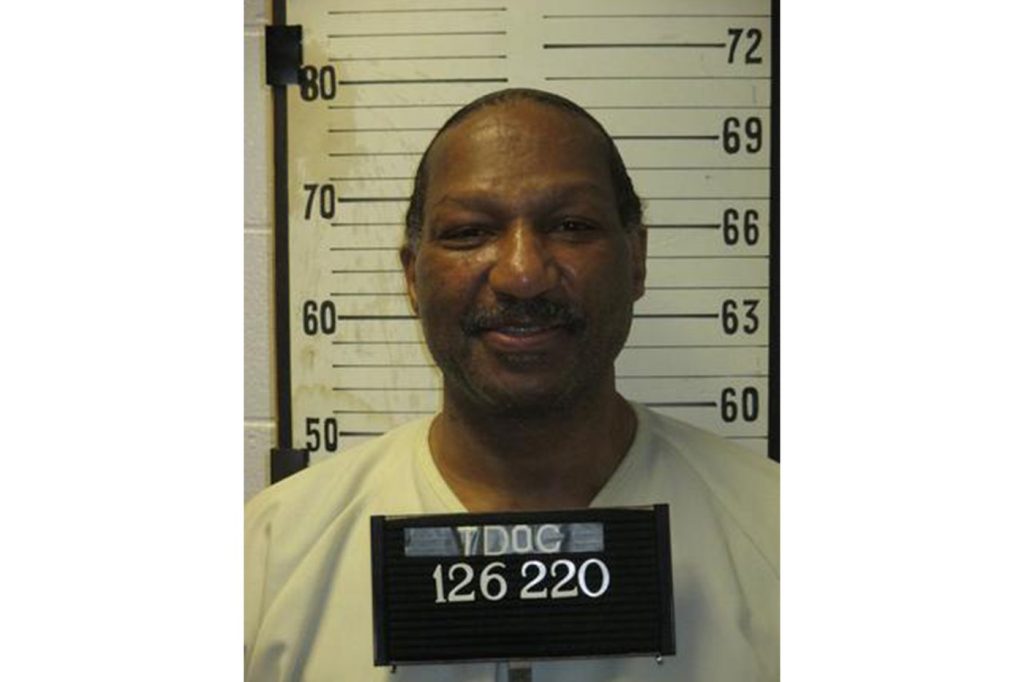NASHVILLE, Tenn. — A judge has ordered Tennessee officials to deactivate the implanted heart-regulating device of death-row inmate Byron Black prior to his lethal injection scheduled for August 5. The ruling, issued by Chancellor Russell Perkins in Nashville, addresses concerns that the device, known as an implantable cardioverter-defibrillator, could inadvertently administer shocks to Black during the execution process, potentially causing him extreme pain and suffering.
Black’s attorneys have argued that the device could react to the single dose of pentobarbital, which is used for lethal injections in Tennessee, by trying to restore his heart's rhythm. They have pointed out that the only definitive way to deactivate the device involves a medical professional using a programming device at the implant site to send a deactivation command. The judge's order stipulates that qualified medical personnel must be present during the execution to ensure the device is properly disabled.
During a recent hearing, experts presented conflicting testimony regarding the device's functionality during the execution. The state’s attorneys claimed that it was highly improbable that pentobarbital would activate the defibrillator, suggesting that Black would be unconscious and unaware if it did. They further expressed skepticism about the judge’s authority to mandate the device's deactivation. Conversely, Black’s legal team contended that the state misinterpreted studies about how people respond to pentobarbital, arguing that while it may render individuals unresponsive, it does not eliminate the possibility of experiencing pain.
Kelley Henry, one of Black’s attorneys, expressed relief at the ruling, emphasizing the horror of a frail individual experiencing repeated shocks while the state sought to carry out his execution. The urgency in this case is heightened by Black's deteriorating health; he has been diagnosed with multiple severe medical conditions, including dementia, brain damage, and congestive heart failure. Black, now 69 years old, was convicted of the 1988 murders of Angela Clay and her two daughters, Latoya (9) and Lakeisha (6), during a jealous rage, while he was on work release for a prior offense.
Black’s execution date has already been postponed three times due to various circumstances, including the COVID-19 pandemic and a moratorium on executions imposed by Governor Bill Lee following issues related to the testing of execution drugs. The upcoming execution would mark the second instance of the recently established pentobarbital protocol being executed.
Moreover, Black’s legal team has pursued a clemency request to commute his death sentence to life imprisonment, based on his documented history of intellectual disability stemming from prenatal alcohol exposure and toxic lead exposure as a child. A recent claim also pointed out that under a 2021 Tennessee law, Black might have been spared if his intellectual disability assertion had been made later.
Black’s current legal challenges include a broader lawsuit he and other death-row inmates have filed against Tennessee’s new execution protocol, which is set to be examined in a trial scheduled for 2026. Meanwhile, the state Supreme Court has previously declined to order a hearing on whether Black is competent to face execution, and a pending petition is before the U.S. Supreme Court regarding his case.
The case continues to draw attention amid ongoing discussions surrounding the death penalty, execution procedures, and the ethical implications of carrying out such sentences in the context of an inmate’s health and disability status.










